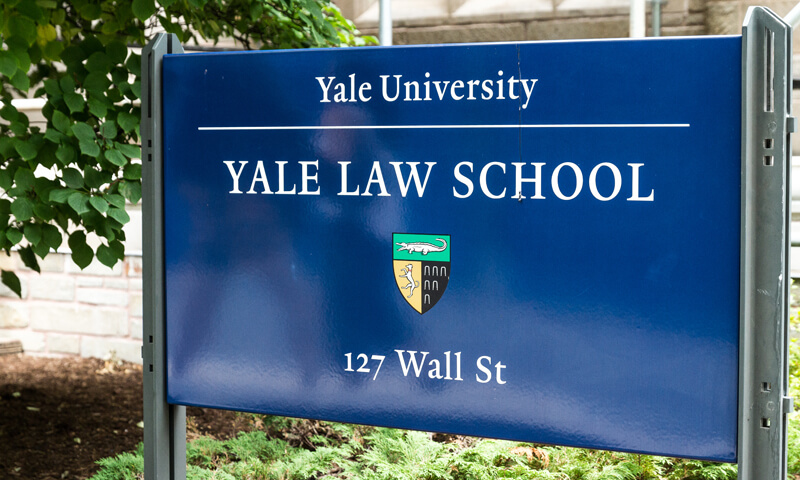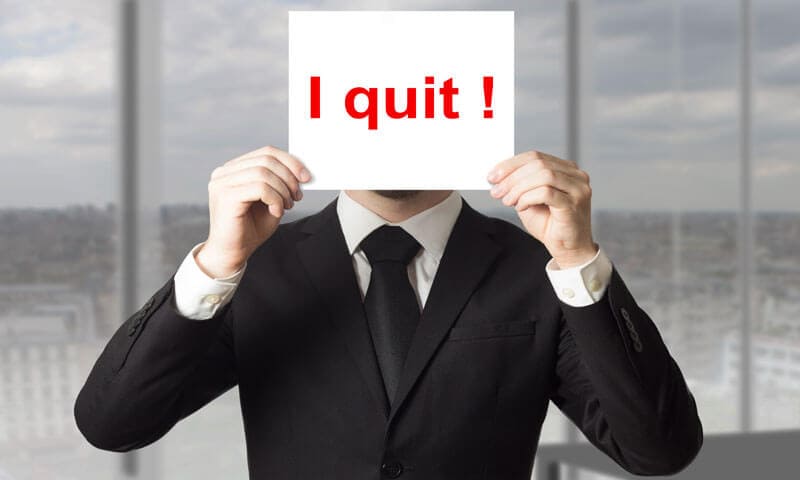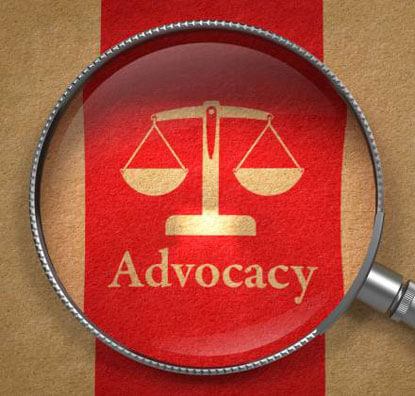According to The National Jurist, an incubator law office has been created by California Western School of Law. The office is for attorneys who work in small firm practice or solo practice. The office is part of the Access to Law Initiative, which was modeled after the Community Resource Legal Network from CUNY School of Law. The initiative is being operated by a visiting professor from the CUNY School of Law.
Another school modeling its program after the one at CUNY School of Law is that of Thomas Jefferson School of Law. Their incubator program was created in May and it is designed to aid new graduates gain experience while offering low-cost legal services to San Diego residents. Luz Herrera, a professor from Thomas Jefferson School of Law, has teamed with Fred Rooney, a professor from CUNY School of Law on the project. Rooney created the first incubator back in 2007.
“First, like all business incubators, ours aims to assist our graduates to develop successful businesses in our case, small solo practices,” said Rooney. ” Second, we help our graduates become successful social entrepreneurs who contribute to improving access to justice while enabling them to make a living. The law school provides a low cost working environment, training, and mentoring, and in exchange, the new lawyers commit to give back to the community through pro-bono and low-bono work for underserved clients. Over the course of about a year, incubator lawyers build confidence along with their client base and leave the incubator. Hopefully, they take with them both the business acumen to run a successful practice and a sense of social responsibility that will encourage them to continue to serve their community.”
The incubator office for California Western is in downtown San Diego and it will be home to eight attorneys. The attorneys operate their own practices and have to pledge at least 100 hours pro bono per year. Also included in that pledge is public service and “sliding scale fee” legal service.
“The program follows the adage, ‘doing well by doing good,’” said Robert Seibel. Seibel is the visiting professor from CUNY School of Law and is the director of the program. “The expectation is that lawyers who serve the underserved will gain experience and make contacts that will lead to an economically viable practice, while making a difference in the lives of their community.”
Requirements from the State Bar of California are met by both of the programs.
“With [other] academic programs, California Western is already among law schools taking the lead in a combined focus on the academic and practical requirements of the law,” said Joseph Dunn. Dunn is the executive director of the program. “The Access to Law Initiative extends that preparation into the first years of practice, offering mentoring and learning opportunities to solo practitioners that will prove helpful throughout their careers.”







































